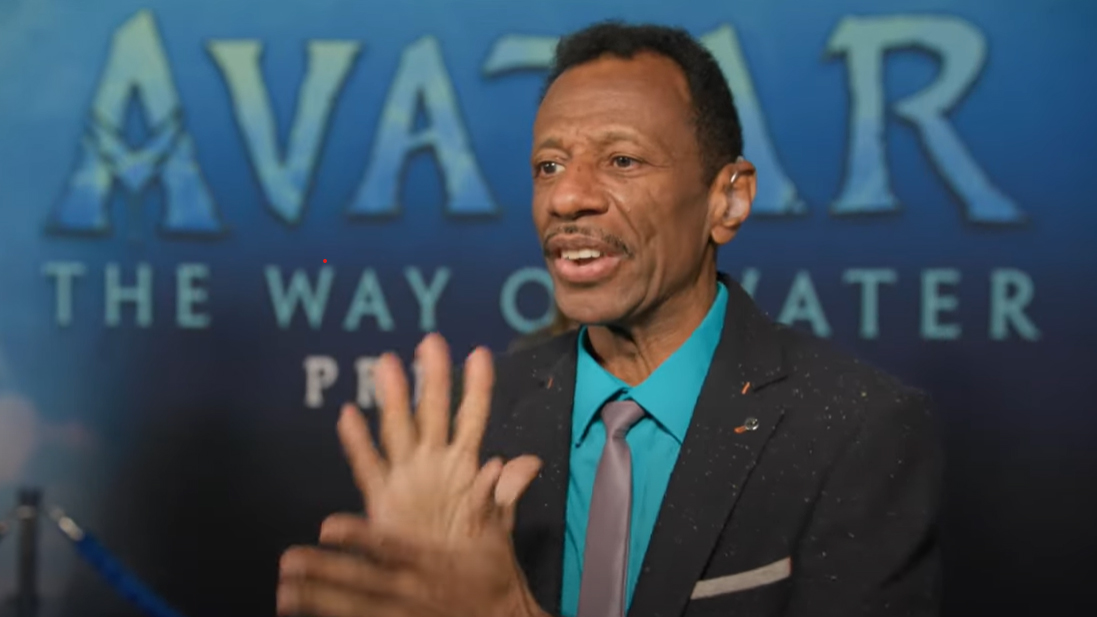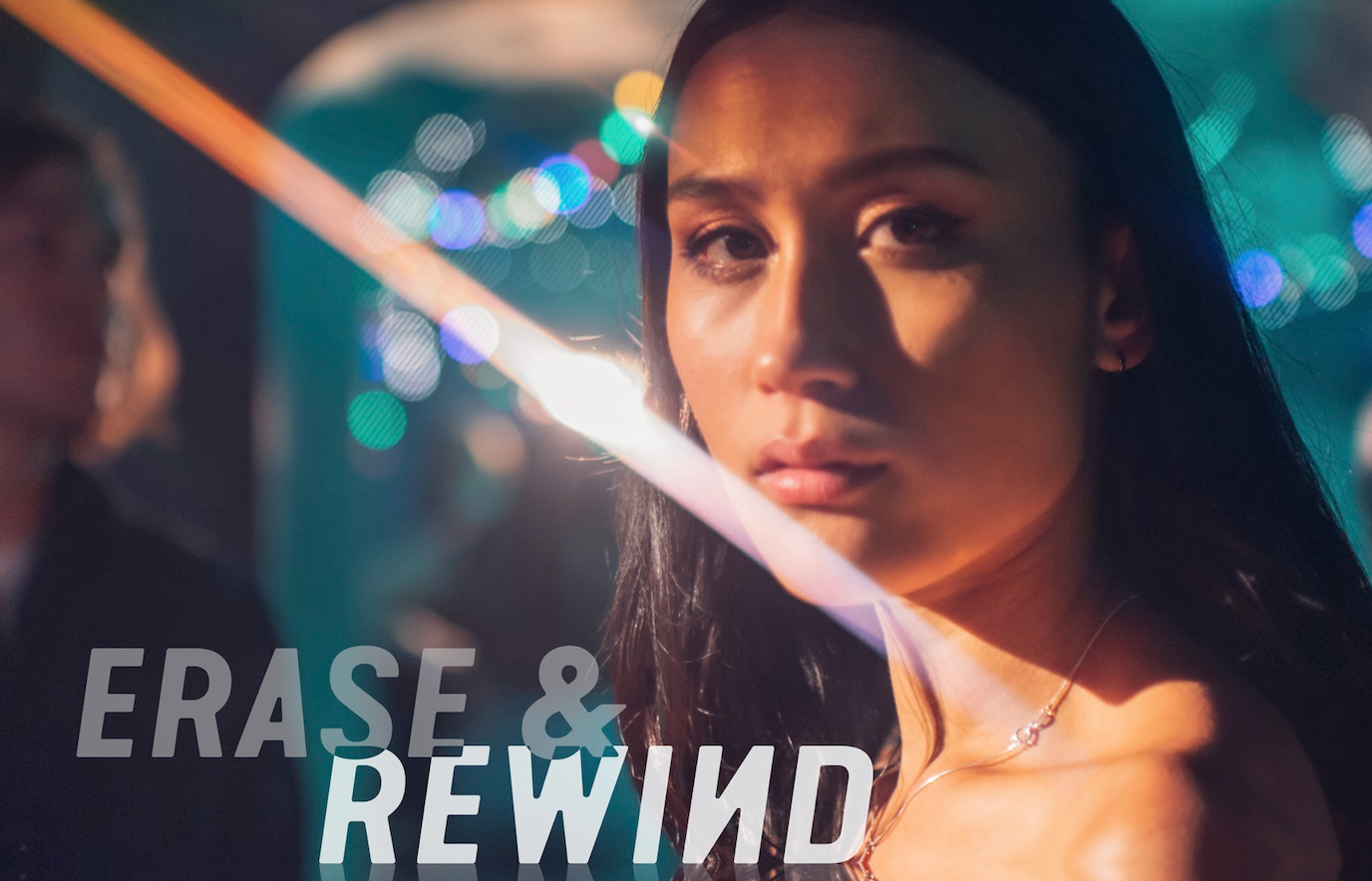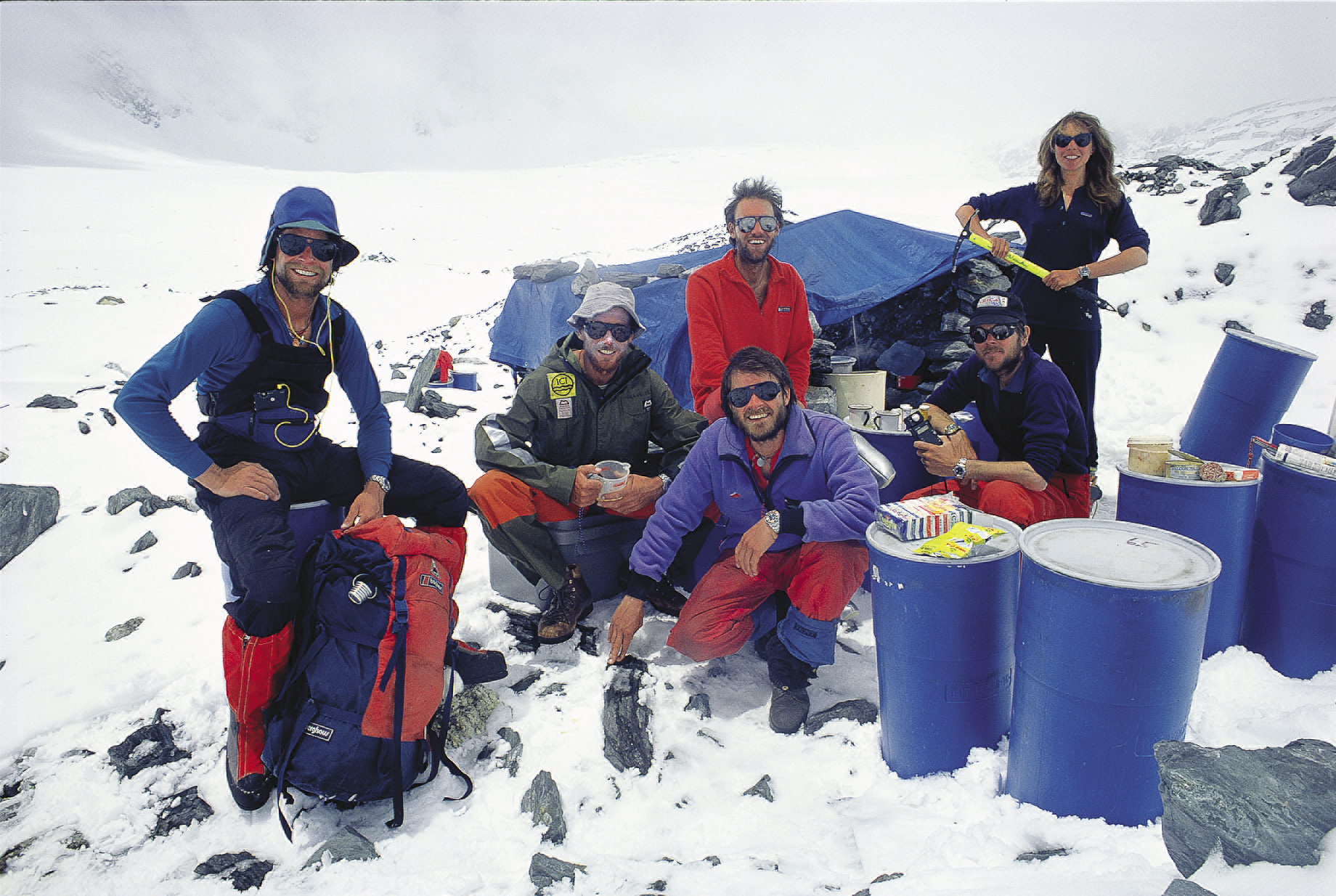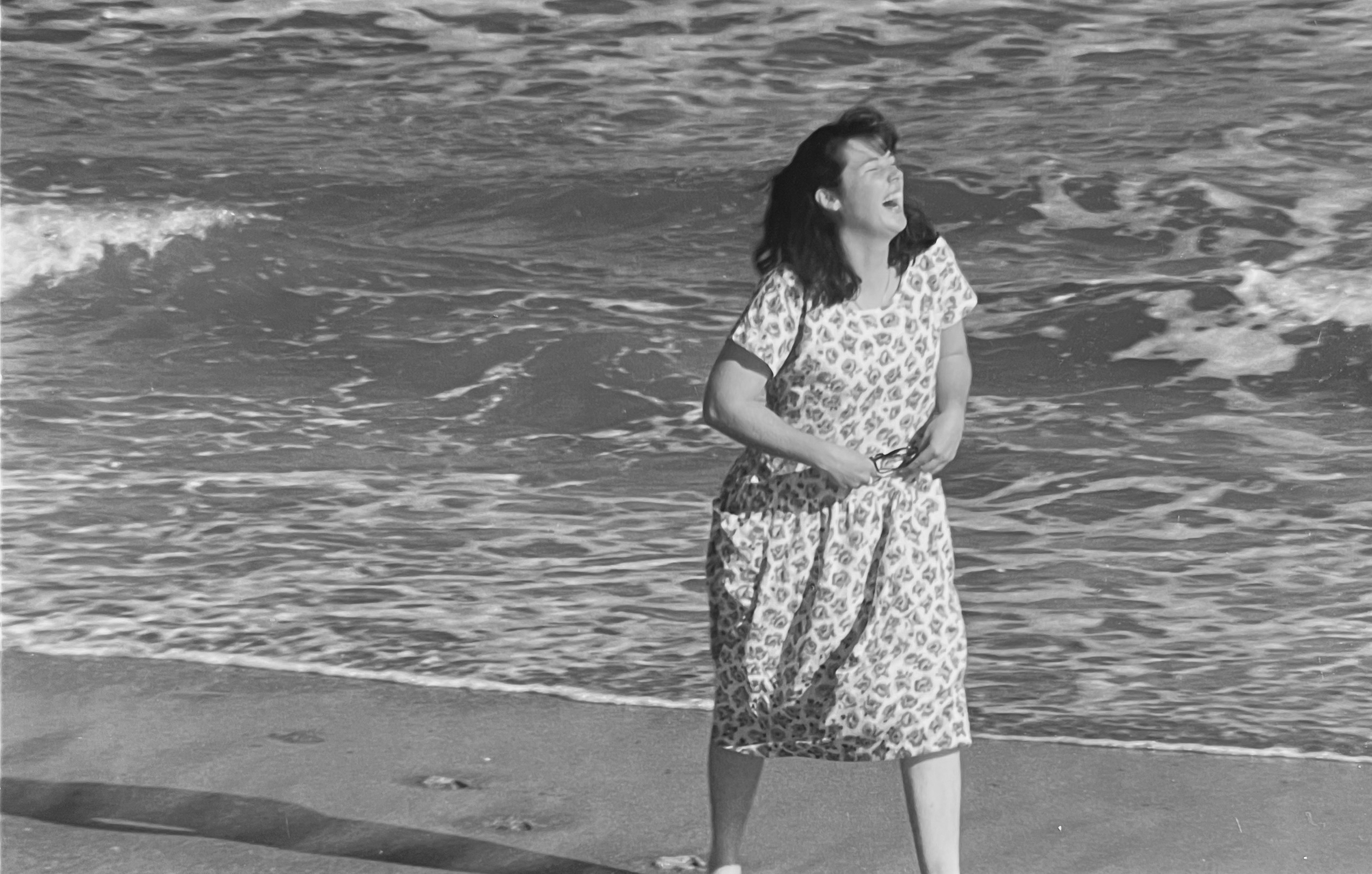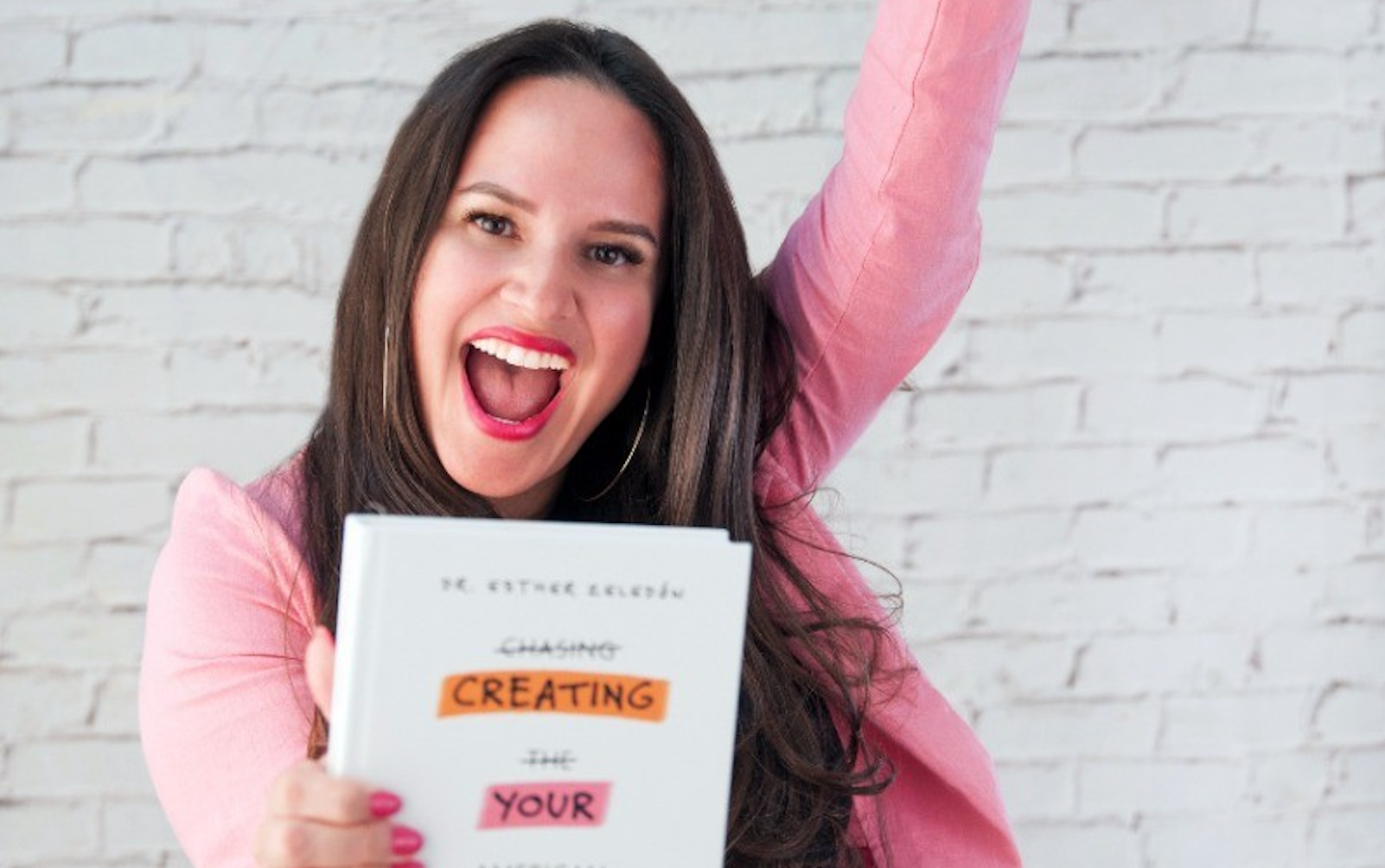
UPDATE: Srishti Bakshi was named the winner in the CHANGEMAKER category at this year’s UN SDG Action Awards!
You may already be familiar with the United Nations’ Sustainable Development Goals. On 1 January 2016, the 17 Sustainable Development Goals (SDGs) of the 2030 Agenda for Sustainable Development — adopted by world leaders in September 2015 at an historic UN Summit — officially came into force. We have covered the SDG’s in numerous articles on this site, and in particular, we have focused on goal #5 – Gender Equality.
The way we like to amplify the importance of this specific goal is by highlighting the work of inspiring women whose life work it is to push for gender equality. That’s exactly what Srishti Bakshi is doing, and if you aren’t familiar with her work and impact just yet, read on to get inspired!
Srishti is a nominee in this year’s SDG Action Awards, taking place during the UN’s #FlipTheScript and Global Week campaign. She is nominated in the Changemaker category for being a trailblazer who not only challenges traditional and outdated gender stereotypes, but who also empowers women to be the change in their communities, thereby transforming broken systems and flipping the script.
A marketer-turned-women’s-rights-activist, Srishti embarked on a pilgrimage of 3,800 kilometers through 12 Indian states from Kanyakumari to Kashmir by foot, not only to put a spotlight on the issue of violence against women, but also to empower women and reveal stories of resilience by conducting over 100 workshops focused on women’s safety, along with digital and financial literacy.

Srishti captured her journey in the documentary WOMB: Women Of My Billion, which exposes the raw emotions and realities of women living in India today. Through her actions, more than 100,000 individuals have been mobilized across all genders. Since the launch of WOMB in 2021, the documentary film has been featured in over 14 international film festivals across four continents.
While on her pilgrimage, Srishti came across an initiative MOWO (MOving WOmen) founded by Jai Bharathi, with an aim to train and empower women with mobility. Srishti witnessed the women taking the drivers seat and feeling the freedom of movement and independence which could play a crucial role in escaping violence.
After her walk was completed Srishti decided to further MOWO’s cause and effort. MOWO Social Initiatives Foundation trains women to drive and also help get employment as delivery drivers and on-demand taxi operators, providing them with the opportunity to earn both income and independence, with the objective of making the roads a safe and equal space for women. In India, a woman taking the driver’s seat also signifies a change in society and the rise of new social norms and aspirations.
Ahead of the Action Awards ceremony on September 27, we had the chance to speak with Srishti about her global mission, her local impact, and what she hopes younger generations will learn from her as they embark on their own journey to change the world for the better.

You started out in the marketing industry, and turned to women’s rights activism. What prompted the change in your direction?
Every third girl in the world suffers some version of violence.
I know this because I too was one of the three. But perhaps I buried the trauma of being groped in a crowded train or that time when a stranger touched me inappropriately while I paced home from work. Because like all women do, I safely tucked these memories in the stories we constantly tell ourselves about how this is just the way the world is… until that chilling morning in August of 2016, when I was sitting on a bus in Hong Kong, the news article my thumb was scrolling was about the gang rape of a mother and a daughter in front of the father on a highway in India. I was so angry and all those suppressed memories came back rushing to me. I broke down, there were muffled voices and a high pitched sound of silence which engulfed me.
My walk home that day was a determined one. One where I was not going to stop until I found for myself what perpetuates this kind of violence and ways to end it. I wanted to employ my education and my experience into creating a movement against violence against women.
Growing up in India, what were some of the biggest issues you saw other women and girls face in your community, or perhaps in your own life?
On my journey across India I met over 100,000 people and interviewed thousands of young girls and women who all needed to find their lost individual identities outside the four walls of their home and its expectations. A simple exercise about remembering their 11 year old self and the dreams they had, made every single woman tear up.
I learnt that the trust deficit unfortunately when it comes to women is high. Permission is required to go out, work, lead a business, all of this and more. There are insurmountable obstacles for us to have access to basic everyday opportunities.
You are nominated for a Changemaker award at the 2022 UN SDG Action Awards. What does this recognition mean to you personally?
The journey of social activism is at times lonely where you sometimes find yourself in an uphill battle.
Platforms like UN SDG Action Awards are like valleys of respite where we get to meet other fellow social change agents and get to learn from their experiences and make forever connections in our field of work so that we can continue on our journeys with collective strength. Over the past week, millions of people around the world have shown their commitment to Flip The Script on the issues we face today and it is through this level of collective action and commitment that we can all continue to make progress towards the Sustainable Development Goals.
How did you prepare, both mentally and physically, for your 3800 Kilometer walk across India?
Once I decided that I would be embarking on a walk across the country I began my training with a group who specialize in training athletes for tough expeditions. I was fortunate enough to have trainers who were women personally invested in seeing me succeed. Their focus was on muscle memory training through weightlifting. By the end of 8 months I was lifting 100 kg.
No one could prepare me for what I saw on the road.
There were some very difficult days, where I met the parents of a 13 year old girl who was gang raped and burned alive. That day I felt violence had won. I felt like putting a stop to everything but then the next day I showed up for a planned group walk with women from a self-help group. Among them was a woman who was visibly bruised from a beating she took the previous evening from her drunkard husband, but she decided to walk with me five kilometers in silence and having gathered all her strength, in a quivering voice, said ‘just watching you walk has given me energy to fight it. It stops Today’! Her words still echo as a wave of hope in me even today and I said to myself then that ‘SHE’ is who I am walking for and I must continue.
Since releasing your WOMB documentary and completing your incredible walk, you have empowered hundreds of thousands of women as well as people of all genders. Why do you think your advocacy has struck such a chord in so many people’s lives?
Through collaborations and partnerships. As an individual, one can only create a limited impact. Advocacy efforts from the very beginning were amplified through meaningful collaborations with individuals within community groups, educational institutes, corporate conglomerates, civic societies and the government. Together we marched on the road, into boardrooms, into workshops and are still marching with new people joining us in their own creative ways everyday.
Kiran Kumar, a Canadian student at school, championed WOMB in her home state by doing merchandise sales, school marches with volunteers and hosting a summit with inspirational women of international acclaim to support the cause. It was wonderful to see how people from across the globe resonated with the cause and championed this walk in their circles in their own way.
I think by design this movement resonated with all. I remember making the decision for the journey to be a walk and not a run or bike because everyone I spoke to, from a 70 years old grandma to a 4 year old said they would walk with me or join me in my effort on the road.
Safety against gender violence and financial independence are two of your main focuses. Why is financial independence still such a struggle for so many women in India?
Women in the global south experience restrictions not only in opportunity but in their aspirations because of our patriarchal structure. Girls are groomed to be homemakers and coached their entire life so that ultimately they will be married, bear children – and looking after them and the house will be their responsibility and source of happiness. In early childhood they are dependent on their fathers, in youth and middle age their husbands and in old age their sons. Having no agency or support to build on professional skills makes it very difficult for them to gain financial independence.
Why is it important for women across India to see more women in positions of power, and in the figurative and literal driving seat?
Simply because what she can see she can be!
Women in positions of power also pull other women up alongside them.
I met Neelam, a woman police officer in a small district in the State of Madhya Pradesh in India. She was the station head where her father was retiring from the post of a constable (junior officer). Her proud father never felt tired of saluting to his daughter, he told me with tears in his eyes. While Neelam grew up in a house where her mother instilled this dream of the uniform, her friends were not so fortunate.
My meeting with Neelam was special as she was sitting in her spick and span uniform among municipal school girls having her packed lunch. In our brief conversation she revealed that she had her lunch among these girls in her uniform every month so that they get reminded that they too could be wearing this uniform when they grow up. For many girls in many ways what seemed impossible became a real possibility seeing her.
You are such an inspiration to many young girls, what advice would you give them if they are passionate about creating change in their communities?
Try having women change things from the inside to transform the broken systems around her.
We can do it with a simple idea I followed: Encounter. Envision. Enable.
ENCOUNTER
One thing common among all survivors I met on the road was that they experienced a small encounter with freedom to be their own person – not a mother, a wife, a sister, a daughter – just a human being who could take some time for herself, and experience the world outside of the cocoon enveloping her. So this ENCOUNTER; facilitate it
ENVISION
Her role model cannot be an actor on a cinema screen. It has to be another woman who has struggled her way out from the same circumstances. In many ways what seems impossible became a real possibility – She Can Be, What She Can See. So Envision – Show it
ENABLE
Women need a little nudge and show of support and they will be able to cover the rest of the journey. So Enable – make it happen
What are some of the big changes you hope to see in 5 and 10 years time, in terms of gender equality and justice?
I truly believe that Gen-Z is a no nonsense generation and their commitment to bringing changes in the order of society on many fronts is commendable. One part of gender equity and justice heavily relies on vocal and strong allied communities and that is where Gen-Z differs from all past generations. This and their connectedness through technology, this will be a gamechanger and in the near future every woman and all her allies will be standing stronger together to end gender violence.
Srishti is working with UN SDG Action Campaign to call on people around the world to Flip the Script on the trajectory of our future and push for progress towards the Sustainable Development Goals. Learn more about her work HERE. You can also follow Srishti Bakshi on Twitter, @srishtibakshi and @womenofmybillion on Instagram and @womenofmybillion on Facebook.












